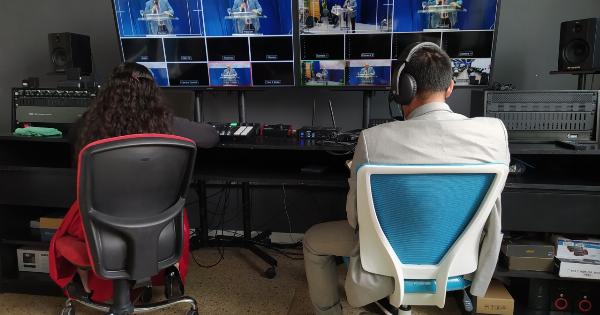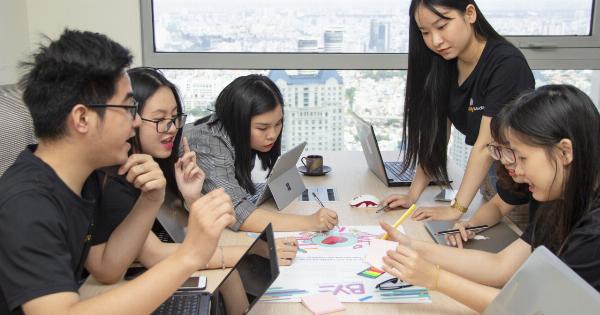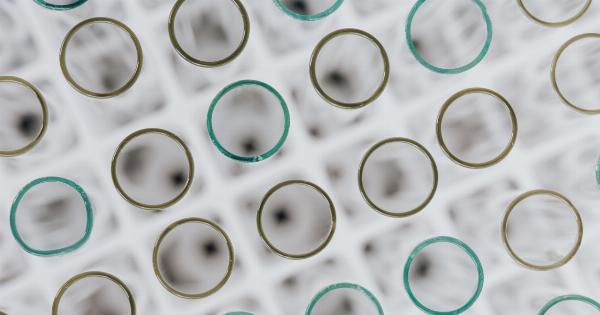For years, society has pitted “brains” against “beauty,” as if the two traits were mutually exclusive.
People were made to believe they had to choose between developing their intellectual capabilities or their physical appearance.
The beauty industry, in particular, bears some responsibility for perpetuating this dichotomy.
For the longest time, the industry focused solely on making women look beautiful, all the while perpetuating harmful stereotypes about femininity and dismissing intelligence as a secondary trait.
The unrealistic beauty standards
For all that’s been achieved in gender equality, the beauty industry still relies on antiquated ideas of what makes women attractive.
These unrealistic beauty standards – which include being tall, slim, and possessing an hourglass figure – are perpetuated by magazines, fashion shows, and even social media platforms.
Of course, there’s nothing inherently wrong with wanting to look nice. However, we’ve started judging people solely on their appearances, ignoring their other qualities entirely.
Such behaviour robs women of the opportunity to grow in their own way.
The consequences of beauty standards
These unrealistic beauty standards have real-world consequences. Women feel the pressure to conform, at the expense of other personality traits such as intelligence, contentment, and self-assurance.
Worse, when some women can’t meet these standards, it can lead to depression, anxiety, and other negative health outcomes.
In the case of children, early exposure to these beauty standards can have a detrimental impact on their self-esteem.
The long-standing socialisation of young girls to aspire to traditionally feminine ideals can lead to an overemphasis on looks over other traits. In extreme cases, this can lead to disordered eating or extreme dieting habits.
The power of intelligence
As we slowly shift towards a society that values intelligence, many women are beginning to recognise the power of their intellect.
Intelligence goes beyond mere book smarts; it involves everything from emotional intelligence to analytical skills, creativity, and problem solving.
When women are encouraged to develop their intellect alongside their appearance, it opens up new avenues for achievement and success.
It helps establish a sense of individualism that allows people to express themselves and pursue their interests, rather than merely following society’s narrow ideas about beauty.
A way forward
Thankfully, we seem to have come around to the idea that brains and beauty are not mutually exclusive. We’re seeing more and more women break free from the notion that they need to look a particular way to be taken seriously.
Content creators on platforms like YouTube and TikTok have started creating content that touches on topics like technology, science, and politics, aiming to empower women through knowledge.
There’s still a long way to go, though. More needs to be done to highlight successful women who don’t necessarily conform to traditional beauty standards. We need more diverse representation in advertising, television, and movies.
We should support initiatives that encourage girls to pursue education, even if their hobbies and interests fall outside of traditional feminine pursuits.
Conclusion
Brains and beauty are not mutually exclusive. It’s time we stop perpetuating the idea that women can only be valued for how they look.
Intelligence and physical appearance should both be celebrated, as each is a unique part of what makes us who we are. To do this, we need to ascribe the same value to traits like intelligence, creativity, and emotional intelligence, as we do to physical beauty.































